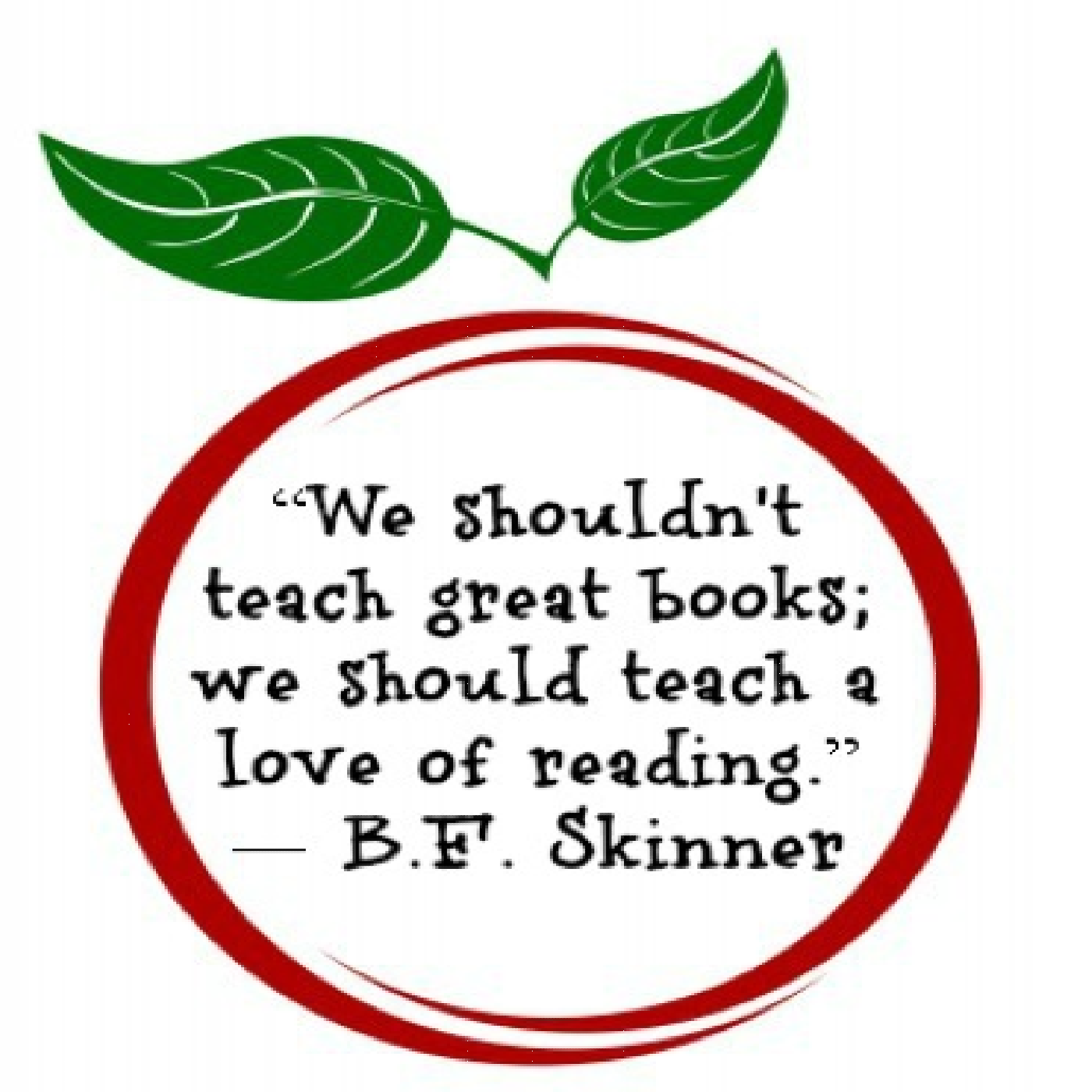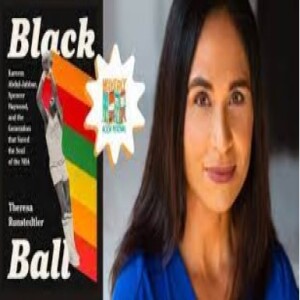
25.9K
Downloads
304
Episodes
The Chills at Will Podcast is a celebration of the visceral beauty of literature. This beauty will be examined through close reads of phrases and lines and passages from fiction and nonfiction that thrills the reader, so much so that he wants to read again and again to replicate that thrill. Each episode will focus on a different theme, such as "The Power of Flashback," "Understatement," "Cats in the Cradle," and "Chills at Will: Origin Story."
Episodes

Monday Nov 13, 2023
Monday Nov 13, 2023
Notes and Links to Theresa Rundstedtler’s Work
For Episode 212, Pete welcomes Theresa Rundstedtler, and the two discuss, among other things, her early love of sports and reading, her work as a Raptors dancer, and the ways in which her voracious reading gave rise to her further exploring sports and race, as well as salient themes like free agency, racist stereotypes and white paternalism and intriguing people like Simon Gourdine and Connie Hawkins and Wali Jones from the 1970s era of the NBA.
Theresa Runstedtler, PhD is an award-winning scholar of African American history whose research focuses on the intersection of race, masculinity, labor, and sport. Her most recent book, Black Ball: Kareem Abdul-Jabbar, Spencer Haywood, and the Generation that Saved the Soul of the NBA (Bold Type Books, 2023), examines how Black players transformed the professional hoops game, both on and off the court, in the 1970s. She is also the author of Jack Johnson, Rebel Sojourner: Boxing in the Shadow of the Global Color Line (UC Press, 2012), a transnational biography that explores the first African American world heavyweight champion’s legacy as a Black sporting hero and anti-colonial icon in places as far-flung as Sydney, London, Cape Town, Manila, Paris, Havana, and Mexico City. Jack Johnson, Rebel Sojourner won the 2013 Phillis Wheatley Book Prize from the Northeast Black Studies Association. Runstedtler has written for Time.com and the LA Review of Books, and shared her expertise on the History Channel, Al Jazeera America, Vox.com, NPR, and international radio outlets including the BBC and CBC. Originally from Ontario, Canada, she is a professor at American University and lives in Baltimore with her husband and son.
Black Ball Review from Los Angeles Review of Books
At about 2:35, Theresa discusses her appearance on The History Channel in discussing Jack Johnson’s
At about 4:35, Theresa discusses her childhood sporting career, especially her time in figure skating and dance
At about 7:15, Theresa discusses her reading interests growing up
At about 10:30, Theresa discusses her time working as a dancer for the Toronto Raptors
At about 14:00, Theresa talks about what she saw during her years the lives of so many involved with the NBA on a regular basis
At about 15:15, Theresa discusses her reading and writing interests and the ways in which she became a historian
At about 18:00, Theresa explains how and why she got into writing about sport
At about 18:50, Pete notes multiple parallels between the book and today’s world and sporting world, and Thersa follows up by talking about how she found people in some ways more open to talking about race through sports
At about 24:35, The two talk about a pivotal and faulty newspaper story by Chris Cobbs, and Theresa explains why she chose to start the book referencing it
At about 28:20, Pete cites Donovan X. Ramsey’s research on an erroneous story that exacerbated views on the crack epidemic
At about 29:00, Theresa discusses seeds for her book, especially her research into Len Bias’ death and how he became a “symbol of a greater moral panic”
At about 31:20, Pete alludes to Maurice Stokes’ mistreatment and the early days of player labor organization
At about 32:10, Theresa responds to Pete’s question and lays out why the 70s of the NBA has been “overlooked”
At about 33:05-35:20, Theresa talks about the book as a sort of redress
At about 35:40, The two discuss the difference between the “cultural associations” of fighting in 1970s
At about 36:30, Pete details the book’s first part involving monopoly, and he and Theresa discuss Connie Hawkins’ importance in the time period and beyond; Theresa gives background on seeds for the book coming upon her connecting Hawkins and Colin Kaepernick’s stories
At about 40:40, Spencer Haywood is referenced, and Theresa expands on his story, especially his connection to players’ right and the ABA/MBA merger
At about 47:20, Pete references the clash between conservative sportswriters of the early 1970s and socially active and aware players like Wali Jones and Kareem Abdul-Jabbar, especially with regards to flimsy investigations regarding drug use in the NBA
At about 53:25, Pete cites advancements for Black coaches like K.C. Jones and Lenny Wilkens and Theresa discusses the ways in which the coaches were judged differently and how they were calm and collected as a rule
At about 55:30, Theresa expounds upon early Black coaches and their often “democratic” ways of coaching in opposition to some of the archetypal drill sergeant-type coaches
At about 57:25, Theresa details the intriguing story of Simon Gourdine and speculates on reasons why he was turned down for NBA Commissioner and what might have been…
At about 1:00:25, The two discuss thoughts of the time and as the years have gone on regarding players like Kermit Washington and Bernard King
At about 1:01:30, Pete asks Theresa about ending the book with an Epilogue revolving around Larry Bird and Magic Johnson’s impacts
At about 1:05:50, Theresa talks about exciting future projects
At about 1:06:40, Theresa recommends Jumpman by Johnny Smith and The Cap by Joshua Mendelsohn
You can now subscribe to the podcast on Apple Podcasts, and leave me a five-star review. You can also ask for the podcast by name using Alexa, and find the pod on Stitcher, Spotify, and on Amazon Music. Follow me on IG, where I’m @chillsatwillpodcast, or on Twitter, where I’m @chillsatwillpo1. You can watch this and other episodes on YouTube-watch and subscribe to The Chills at Will Podcast Channel. Please subscribe to both my YouTube Channel and my podcast while you’re checking out this episode.
Sign up now for The Chills at Will Podcast Patreon: it can be found at patreon.com/chillsatwillpodcastpeterriehl
Check out the page that describes the benefits of a Patreon membership, including cool swag and bonus episodes. Thanks in advance for supporting my one-man show, my DIY podcast and my extensive reading, research, editing, and promoting to keep this independent podcast pumping out high-quality content!
NEW MERCH! You can browse and buy here: https://www.etsy.com/shop/ChillsatWillPodcast
This is a passion project of mine, a DIY operation, and I’d love for your help in promoting what I’m convinced is a unique and spirited look at an often-ignored art form.
The intro song for The Chills at Will Podcast is “Wind Down” (Instrumental Version), and the other song played on this episode was “Hoops” (Instrumental)” by Matt Weidauer, and both songs are used through ArchesAudio.com.
Please tune in for Episode 213 with Andrew Porter, the author of, among other work, the short story collection The Theory of Light and Matter, which won the Flannery O’Connor Award for Short Fiction, and the short story collection The Disappeared, published in April 2023.
The episode will air on November 21.

No comments yet. Be the first to say something!